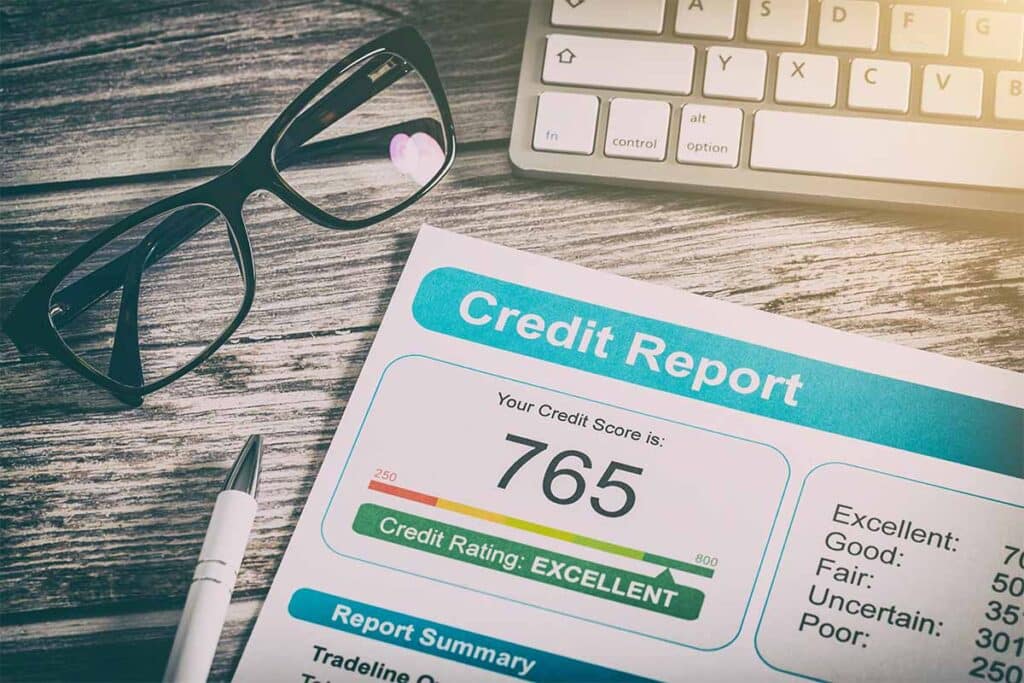Approximately 35% of a credit score is based on a consumer payment history or behaviour.
These tips below will give you the tools to put your best foot forward when lenders look at your credit score during the mortgage application process.
- Your payment history is essential to having healthy credit. Credit card payments are crucial in building credit but don’t forget about your monthly bills, such as electric, cable and phone bills. Paying your bills within 30 days of their due date is key. Any late or missed payments will hurt your score.
- Keep balances low.
Maxing out credit cards (or getting close to the limit) can negatively affect your score. A good rule is not to exceed 50-70% of your limit. If possible, paying your balances in full every month demonstrates that you are living fully within your means. In other words, you are not using credit cards to extend your income. - If you have excellent credit, do not close your credit card(s). When you close a credit card, you instantly lower the credit available to you. If you use or have debt on other cards, you immediately use more of your available credit. This approach is considered a negative. If you absolutely need to close a card, it’s better to close a new one, as a more extended credit history strengthens your score.
- Good credit takes time to build. Many hard inquiries from various sources like car dealers, mobile phone accounts, bank loans and credit cards may seem like you are simultaneously taking on too much debt. If you are starting to build your credit, start slow. If you have established credit but have decided to shop for a new vehicle, credit card or mobile phone, keep in mind that each dealer/bank or phone company you visit will pull your credit. Car dealerships will often have your credit checked many times. Having your credit “hit” several times – can severely and negatively impact your score.
- Cash, net worth, and income are essential but current and past credit history plays a massive role in the overall qualification. Often, consumers think having very little credit is a good thing and ‘cash is king.’ However, the lender will examine how you manage your debt when looking at significant investments like a mortgage. Only one credit card and no other loan is considered thin credit, and it may not affect your score, but it may affect the strength of your overall application. Ideally, it is best to have at least two credit cards, one credit card, and one loan paid well to show your repayment behaviour. Although there are exceptions, in general, the minimum lender policy is that you have two solid, well paid and well-maintained pieces of credit for two full years.
Although ‘score’ is essential, the lender will always look at the entire application.
- Where do the strengths shine through?
- Where are the weaknesses they need to consider?
A thick, strong credit profile goes a long way towards a quick and successful mortgage approval.
*We are here to create a success story for you. *
Starting with an excellent credit history is a fantastic first chapter in your mortgage story.




